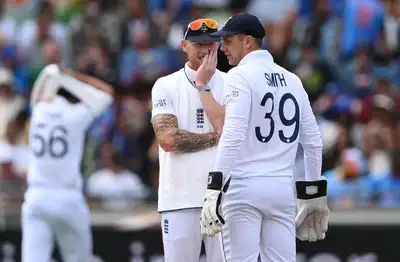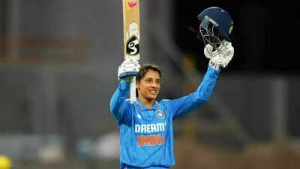Dengue fever, a viral infection transmitted by the Aedes aegypti mosquito, poses a significant health challenge in India. The nation accounts for a substantial portion of the world's 100–400 million annual infections. As monsoon season approaches, bringing with it the peak of dengue transmission, hope emerges in the form of India's first dengue vaccine, which is nearing completion of its Phase 3 clinical trials.

Dengue fever is characterized by high fever, severe headaches, joint and muscle pain. In severe cases, it can lead to a dangerous drop in blood platelet counts, internal bleeding, organ failure, and even death. Children and the elderly are particularly vulnerable to the most severe complications of the disease.
Developing a dengue vaccine has been a long-standing challenge for scientists. The complexity lies in the existence of four distinct dengue virus types (serotypes). An effective vaccine must provide protection against all four to prevent potential antibody-dependent enhancement (ADE), where a vaccine could paradoxically worsen subsequent dengue infections. Some vaccines developed elsewhere have demonstrated mixed results and limited effectiveness, hindering their widespread adoption.
The Serum Institute of India (SII) is developing India's first dengue vaccine, named "TetraVax-DV." This vaccine is specifically engineered to provide protection against all four dengue virus serotypes. TetraVax-DV utilizes a weakened (attenuated) form of the virus to stimulate the body's immune system, enabling it to develop antibodies and cellular immunity against dengue fever. As the vaccine does not contain a live, replicating virus, it cannot cause dengue fever itself.
The TetraVax-DV vaccine boasts several key features:
Before any vaccine can be approved for widespread use, it must undergo a series of clinical trials to assess its safety and efficacy. These trials are typically divided into three phases:
Phase 3 trials are the most crucial stage, as they provide critical data on the vaccine's ability to prevent dengue fever within the community.
The Phase 3 trial for India's dengue vaccine commenced in 2023. The trial spans over 20 locations across the country, encompassing both urban and rural areas. The study aims to enroll over 10,000 volunteers, representing a diverse range of age groups and backgrounds. Enrollment is nearing completion, and preliminary results are promising.

Following the completion of enrollment, the Phase 3 trial will continue with:
India faces a significant burden from dengue fever, with outbreaks placing a strain on healthcare facilities and causing hardship for affected families. A safe and effective dengue vaccine holds the potential to:
While the development of a dengue vaccine is a significant step forward, preventative measures remain crucial. These include using mosquito repellents, wearing protective clothing, eliminating mosquito breeding sites by covering drains and removing standing water.
The Indian Council of Medical Research (ICMR) and Panacea Biotec.
Newer articles
Older articles
 Wimbledon 2025: Dates, Prize Money, and How to Watch Live in US & India
Wimbledon 2025: Dates, Prize Money, and How to Watch Live in US & India
 Gujarat Cricket Association Set to Launch T20 Tournament in 2025-26 Season
Gujarat Cricket Association Set to Launch T20 Tournament in 2025-26 Season
 Praggnanandhaa Joins Carlsen's Team Liquid Ahead of Esports World Cup Showdown
Praggnanandhaa Joins Carlsen's Team Liquid Ahead of Esports World Cup Showdown
 India vs. England 2025: Broad Warns England of Lethal Indian Pace Attack Ahead of Lord's Test
India vs. England 2025: Broad Warns England of Lethal Indian Pace Attack Ahead of Lord's Test
 Smith Poised for Grenada Test Return After Finger Injury Recovery
Smith Poised for Grenada Test Return After Finger Injury Recovery
 Raducanu Shuts Down Alcaraz Romance Rumors, Confirms US Open Doubles Partnership
Raducanu Shuts Down Alcaraz Romance Rumors, Confirms US Open Doubles Partnership
 Asia Cup 2025: ACC Eyes September Launch Amid Easing India-Pakistan Tensions
Asia Cup 2025: ACC Eyes September Launch Amid Easing India-Pakistan Tensions
 Pant's Fearless Batting Sparks Gilchrist Comparisons: Chappell's Honest Assessment of India Star's Twin Tons Against England
Pant's Fearless Batting Sparks Gilchrist Comparisons: Chappell's Honest Assessment of India Star's Twin Tons Against England
 Mandhana Makes History: First Indian Woman to Score Centuries in All Cricket Formats
Mandhana Makes History: First Indian Woman to Score Centuries in All Cricket Formats
 Prithvi Shaw Acknowledges Career Setbacks, Cites Distractions and Poor Choices
Prithvi Shaw Acknowledges Career Setbacks, Cites Distractions and Poor Choices